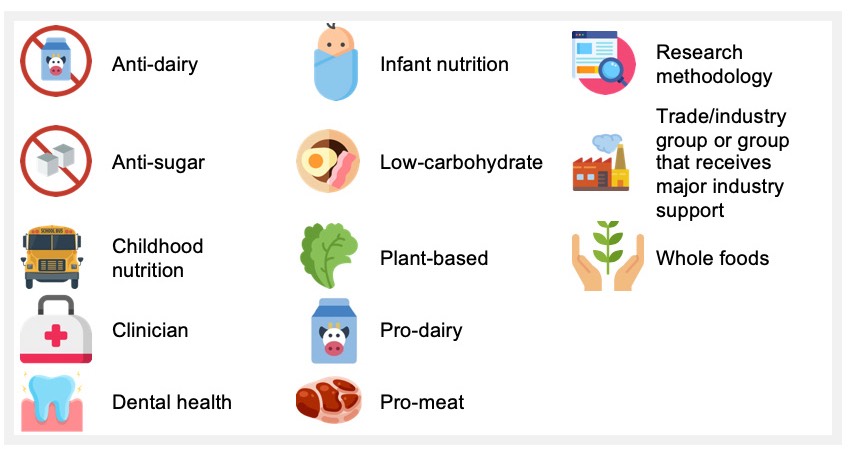
Industry, Plant-Based Advocates Dominate Comments at Guidelines’ Meeting
More than 70 commenters delivered altogether about four hours of public comments to the Dietary Guidelines Advisory Committee (DGAC) meeting last month. Representatives from industry, non-profit groups, supporters of plant-based foods, low carbohydrate diet advocates, and private citizens all took their turns at the microphone to express what they most wanted to see in the next Dietary Guidelines for Americans (DGA).

USDA Gets a Failing “GRADE” on Science
In oral testimony recently to the Dietary Guidelines Advisory Committee (DGAC) in Washington, D.C., Nina Teicholz, Executive Director of The Nutrition Coalition, emphasized that the Guidelines have historically excluded or ignored the vast majority of clinical-trial research on nutrition and also—citing expert opinion—that the scientific methodology of the Guidelines fails to meet basic scientific standards.

First Ever Birth-24 Month Dietary Guidelines: Deliberations and Complications
USDA-HHS are Issuing the First-Ever Guidelines for the Birth-24 months Population: Is This a Good Idea?

Dietary Guidelines Are Only for Healthy Americans…A Surprise from the 2020 Guidelines’ Kick-off Meeting
The advisory committee appointed to oversee the science for the next set of Dietary Guidelines, in 2020 held its inaugural meeting last month—with some startling surprises. Most extraordinary was the government’s assertion that at a time when 60% of the population is afflicted with some kind of nutrition-related disease, the Guidelines will continue to be a policy for healthy Americans only.

In a Questionable Report, National Academies Lower Salt Limits
How much salt is optimal for good health? According to a report last month by the National Academies of Sciences, Engineering and Medicine (NASEM), lower is indeed better. This conclusion contradicts the organization’s own 2013 investigation, however, and also ignores a large and growing body of research showing a moderate amount of salt to be ideal for heart health.

Who's On The Guidelines Committee
Who is on the 2020 Dietary Guidelines Committee and What Are Their Conflicts of Interest

EAT-Lancet Report is One-sided, Not Backed by Rigorous Science
The EAT-Lancet Report published last week, with headlines globally, stated that to save both planetary and human health, the world’s population needed to cut back dramatically on red meat and other animal products. The prescription was very close to a vegan diet.

Secretary Perdue: Your Leadership Urgently Needed on Advisory Committee for Next Dietary Guidelines
By Dr. Dawn Lemanne, Dr. Mark Cucuzzella, and Dr. Jake Kushner
We have written an urgent letter to Sonny Perdue, Secretary of the U.S. Department of Agriculture, and we hope that you will consider joining us.

U.S. News & World Report Gets It Wrong On ‘Best’ Diet Again
Every year in January, U.S. News & World Report publishes a cover story on what its experts consider the ‘best’ diets. The magazine consistently ranks two high-carbohydrate, low-fat diets, “DASH”[1] and Mediterranean, at the top of its list despite the razor-thin base of rigorous evidence supporting health benefits for either of these.

NIH Seeks Feedback on Nutrition Research Plan
As the leading government funder of nutrition research, the National Institutes of Health (NIH) is seeking public comment on a draft strategy to “coordinate and accelerate” clinical research over the next 10 years. This is a perfect occasion to contribute your thoughts and help guide NIH research towards important, unresolved issues in nutrition science.
